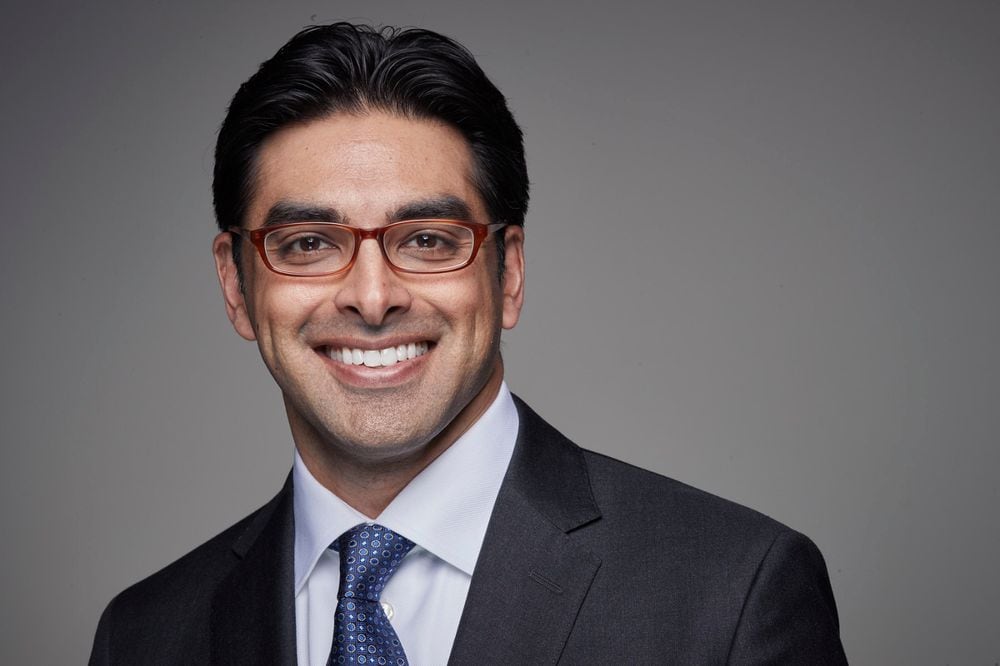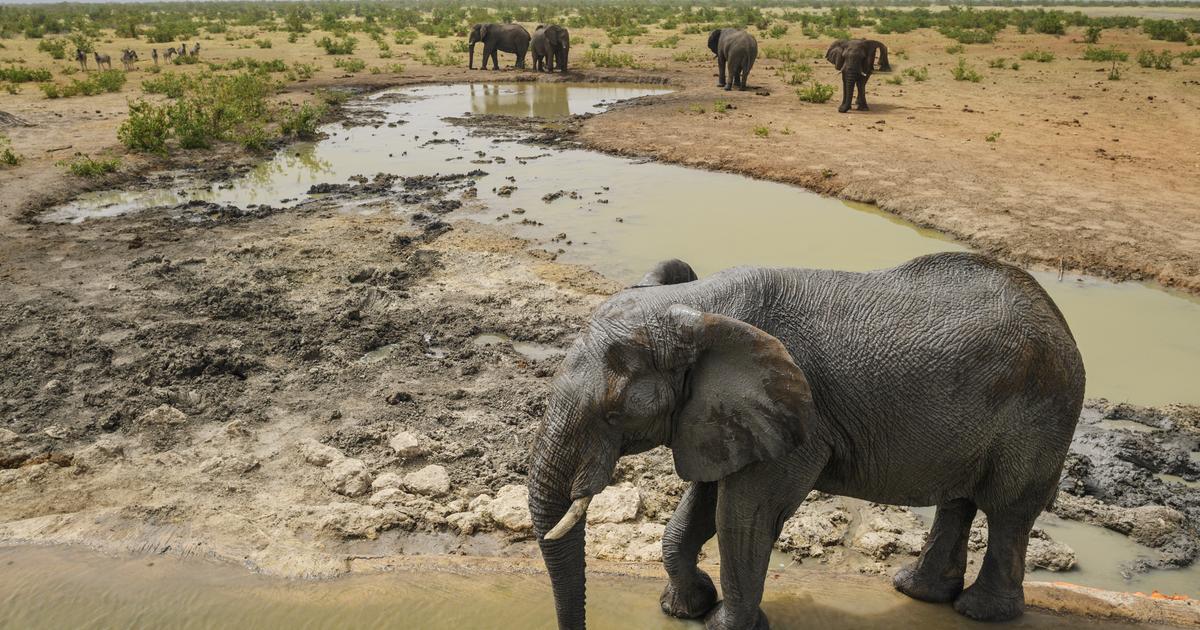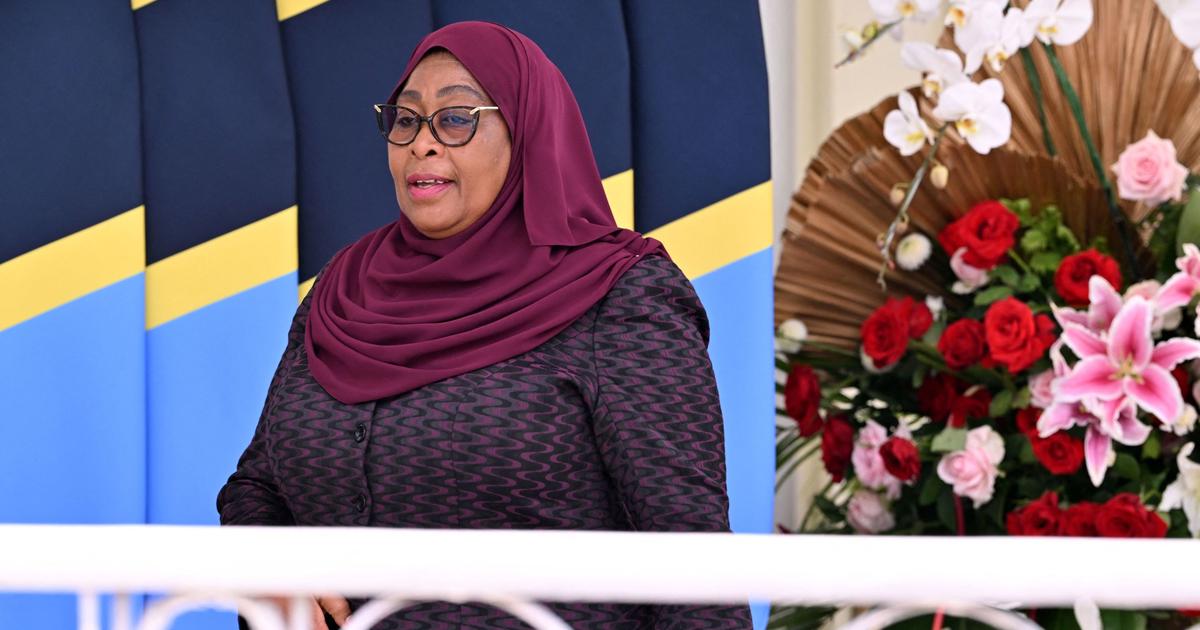When Anil Soni (Indianapolis, United States, 1976) was halfway through his university career in Arts and Social Sciences at Harvard, back in 1996, he could have specialized in an endless number of disciplines: he could have worked as a sociologist, professor and, even in a human resources department.
But instead of continuing to focus on books, he decided to look out into the world: he went to Ghana to volunteer and, what could have remained an anecdote from his youth, became an experience that marked him to the point of defining his life. rest of his life to date.
The intrepid twenty-something is today the newly appointed CEO of the World Health Organization Foundation, a newly created entity to seek financial support from private donors for WHO programs.
Between the starting and finishing boxes, there are more than two decades of brilliant career dedicated to the defense of access to health and, especially, to the fight against AIDS.
More information
WHO criticizes countries that hoard covid vaccines by offering to pay more
Africa lags behind in the race to vaccinate the population
Goal: 2 billion vaccines against covid-19 for the whole world
“I went with the hope of working in a school, but there I met people who had had very different opportunities than mine.
I was born in a place where I had a good educational system, good medical care, vaccinations ... And, as a consequence, I was able to reach my full potential.
But it was not the case in this town where I lived, and that inequality really caught my attention, ”Soni recalls of that trip to West Africa, during a video call.
When he returned to the United States, inspired by what he had seen and determined to do something about it, he found that he did not have many alternatives to specialize, just a subject called something like "AIDS, public health and human rights" taught at the time. not very well known Jonathan Mann.
This epidemiologist, now deceased, was the person who created the global program to fight AIDS at the World Health Organization.
“He was my first entry into the HIV / AIDS community.
During the following years I volunteered in hospitals, I investigated and was inspired by both the fight against the virus and the inequality that existed to get treatment at that time, "he recalls about a time when in the United States AIDS had passed from from being a death sentence to being a disease that could be controlled thanks to antiretrovirals.
"But in the rest of the world nobody had access to them," he says.
The warlike nature of his activists shocked him.
“It is a community of people who embrace the diversity of the human condition.
In the 1980s and 1990s, HIV patients were stigmatized for having relationships with men, because they were sex workers, or because they used injection drugs.
And this community said that we all have the same rights and that we are all human beings.
They were convincing for me, and that's what marked my career, ”acknowledges Soni.
Since his college years, this public health expert has stood up to HIV on several fronts: in the public sector, in the private sector and in the philanthropic sector.
He has gone through the Global Fund to Fight Malaria, AIDS and Tuberculosis (GlobalFund), participated in the creation of the Clinton Initiative for Access to Health and the Bill & Melinda Gates Foundation, and the last eight years He has been in Viatris pharmaceutical company, a leader in the manufacture of antiretrovirals.
In December 2020, he was appointed CEO of the WHO Foundation, created just a few months earlier.
And he lands in the position with two priorities in mind: one, to set up the organization in the literal sense of the word ("I need to hire staff, establish business systems, make sure we have investors ...") and two, show the "value " Of the entity.
“Last year, the WHO said it wanted to create a solidarity response fund, and finally it was carried out by the Foundation
of the United Nations, which raised almost 250 million dollars between corporations and individuals ”, he says in reference to the Solidarity Response Fund against covid-19 of the organization.
"My priority is to maintain that momentum, to ensure that while we respond and recover from covid-19, the private sector supports the WHO," he says.
We need a long-term strategy towards global equity and access to vaccines and the recovery of health systems
The inequity he found in Ghana in 1996 remains almost the same 25 years later, and now with the pandemic it is more apparent.
Soni recalls that while in the global North there is already a vaccine for everyone, this is not the case in less developed countries.
But, even if that were the case, even if all humanity could be vaccinated in a month, the problems would be far from over: “We would still have to recover from this last year: there is economic insecurity, famine, massive drops in health coverage, of immunization rates… ”he lists.
In addition, it considers it essential that humanity ensures sufficient capacity to respond to other pandemics that may come in the future.
“We need a long-term strategy towards global equity and access to vaccines and the recovery of health systems.
And what I hope the Foundation can do is guide this long-term work and make sure that there is support to do it ”, he underlines.
And all this, without losing sight of the number of people affected by other diseases who are at risk of being neglected due to the pandemic, as has already been seen with the difficulties that programs against diseases such as malaria, AIDS or HIV are experiencing. tuberculosis.
But if something is of particular concern to you right now, it is maintaining primary care systems in low-income countries, as their stability is at risk.
"In the last 20 years we have seen tremendous growth in the capacity of their governments, because we are talking about systems that only have a single payer [the State] to provide primary health care to their populations," he says.
That is why it is now “incredibly important” to help them recover and ensure that primary health care continues to be provided with good coverage and quality.
"Certainly, low-income countries will be the hardest hit by the pandemic and therefore will need the most help."
And yet when the word "challenge" is mentioned, that impoverished global South does not come to Soni.
He draws attention to richer places where particularly good health coverage has not been achieved even though they have all the resources to offer it to their citizens.
And he mentions, precisely, his native country: "In most of the developing world, treatment for AIDS costs $ 70 per person per year, but in the United States it costs $ 30,000," he says.
“When I was working at Viatris we tried to lower the price of drugs, but we couldn't do it due to the nature of the US healthcare system;
it's a broken system.
[...] Everyone should have access and coverage, but the system is not designed to be efficient, ”he criticizes.
When I was working at Viatris we tried to lower the price of drugs, but we were unable to do so due to the nature of the US healthcare system;
it's a broken system
The other challenge still to be solved is to achieve the sustainability of investments in health because it is the only way to achieve economic development and social justice.
But while he applauds rich countries pledging funds, it should not be done from the prism of charity.
“I think the challenge is: how do we ensure that resources are better shared and in a sustainable way to achieve global equity?
And I don't think we are succeeding, ”he laments.
For Soni, the answer to her question lies in trusting civil society, not just ensuring that governments continue to contribute to development.
He trusts that change begins with himself, and that is why he made a unique decision in 2016, after Donald Trump was elected president.
Following the concept of
zakat
, the third pillar of Islam, he decided to donate 5% of his total income each year.
"I am not saying this out of pride, I am counting it as the way I can convince my government to do more," he says.
"I want to create a culture in which individual action can shape policies and governments, because if millions of people did the same and gave part of their income, I think politicians would have to follow suit."
FUTURE PLANET can follow on
,
and
, and subscribe
here
to our 'newsletter'
.















